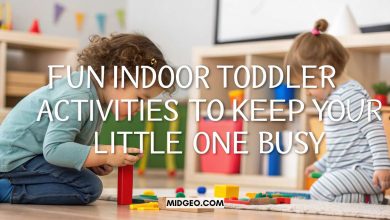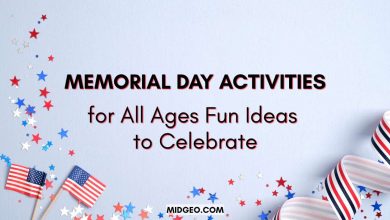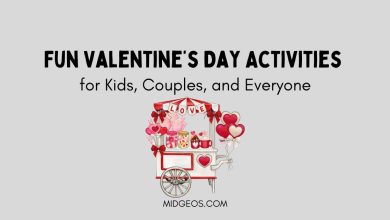Learning Activities for Toddlers 2025 – Fun, Educational Play Ideas That Boost Development at Home
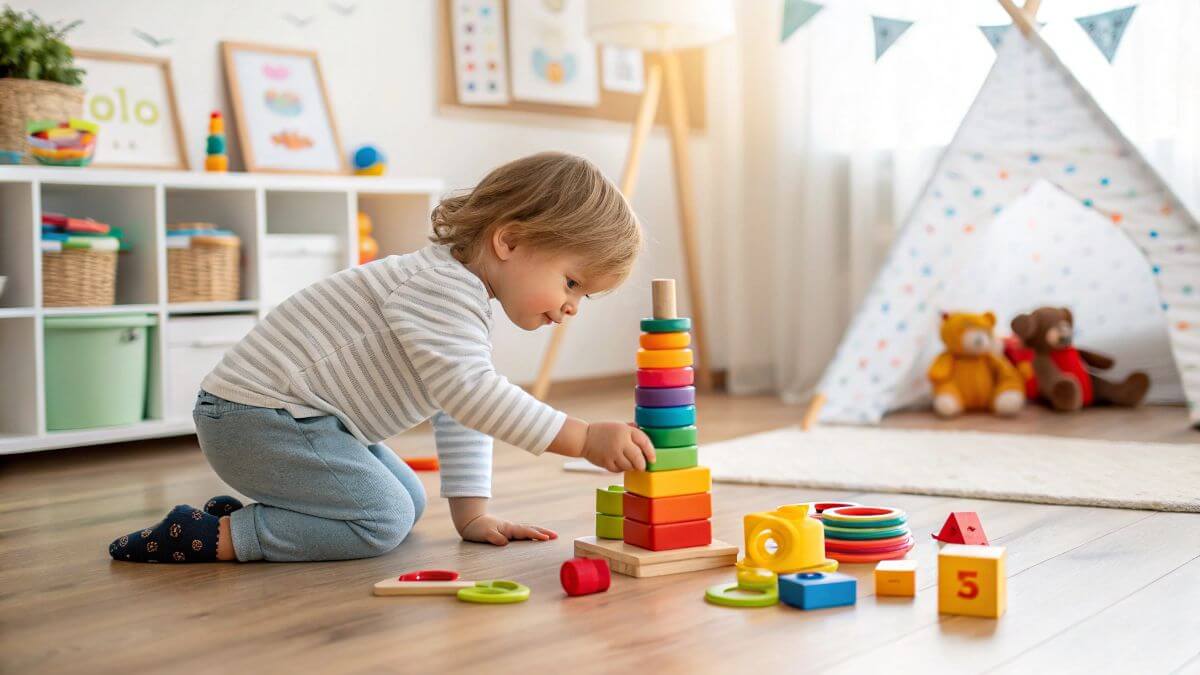
Ever watched a toddler stack blocks or splash in water and wondered if they’re learning something meaningful? The truth is, learning activities for toddlers don’t need to be complicated or expensive—they just need to spark curiosity, movement, and joy.
This post is packed with simple, hands-on educational activities for toddlers that you can do at home, outside, or even on the go. From sensory bins to alphabet games, each idea encourages key developmental skills like motor coordination, language development, and problem-solving—all through play.
Whether you’re a parent, caregiver, or teacher, these activities are designed to fit any routine and budget. We’ll also include tips for adapting ideas to different learning styles and stages so your little learner stays engaged and excited.
So grab a few household items, clear a little space, and get ready to explore this playful list of toddler-approved learning fun. Because every moment counts—and learning truly begins with play.
The Ultimate Guide to Learning Activities for Toddlers: 2025 Edition
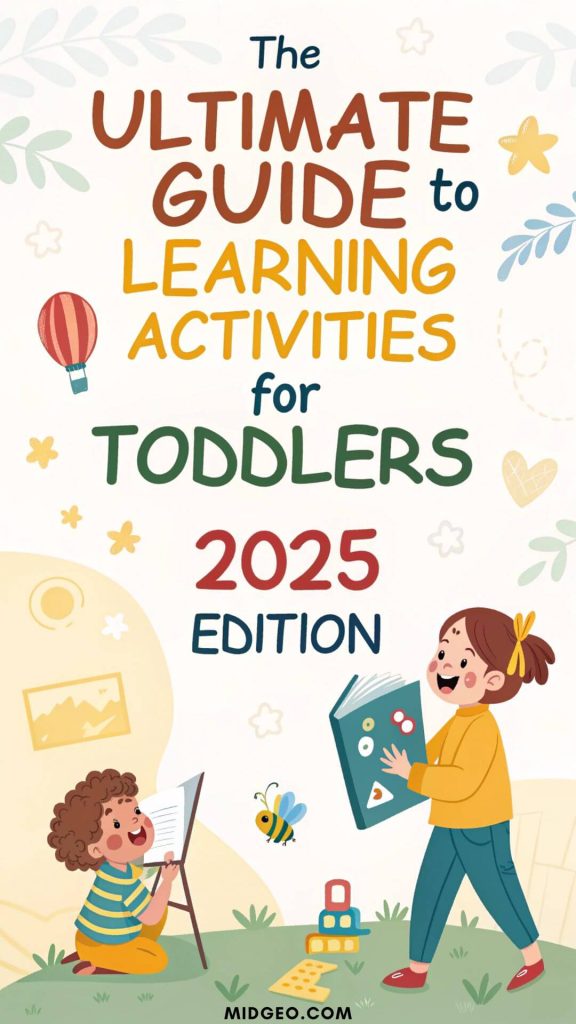
Why Learning Through Play Matters
Before we dive into specific activities, it’s worth noting that toddlers learn best through play-based exploration. From problem-solving to language development, play lays the foundation for all future learning. That’s why well-planned learning activities for toddlers are essential—not only for entertainment but for brain development, emotional regulation, and social interaction.
Sensory Play Activities
Sensory play stimulates sight, sound, touch, taste, and smell—helping toddlers make sense of the world around them.
a. Rainbow Rice Sensory Bin
Dye rice with food coloring, let it dry, and pour it into a plastic bin. Add scoops, spoons, cups, and small toys.
Skills developed: fine motor skills, color recognition, tactile exploration
b. Water Play with Objects
Use a shallow bin with water and floating/sinking objects like plastic animals, measuring cups, or sponges.
Skills developed: cause and effect, sensory processing, hand-eye coordination
c. Texture Walk
Lay out different textured mats: bubble wrap, foam, carpet, etc. Let your toddler walk barefoot.
Skills developed: sensory awareness, balance, gross motor
d. Playdough Creations
Make or buy playdough. Provide rollers, cookie cutters, and natural items like leaves or sticks.
Skills developed: creativity, fine motor, language (describe shapes/textures)
Tip: Add seasonal scents (like cinnamon or lavender) to make sensory play multisensory.
Gross Motor Learning Activities for Toddlers
Active toddlers need opportunities to move and burn energy while learning. These activities support physical development and coordination.
a. Obstacle Course
Use cushions, tunnels, boxes, or cones. Add simple instructions: crawl, jump, balance, etc.
Skills developed: gross motor, spatial awareness, listening skills
b. Animal Walks
Pretend to be different animals (hop like a frog, waddle like a penguin).
Skills developed: coordination, body awareness, creativity
c. Balloon Toss
Toss and catch a balloon. Try balancing it on a spoon for extra challenge.
Skills developed: hand-eye coordination, focus, balance
d. Nature Scavenger Hunt
In your backyard or park, create a list of simple items: stick, red leaf, feather, etc.
Skills developed: observation, vocabulary, physical activity
Fine Motor Activities
Fine motor skills are critical for later skills like writing, dressing, and eating. These activities focus on precise hand movements and coordination.
a. Pom-Pom Sorting with Tongs
Sort pom-poms by color using tongs or tweezers into colored bowls.
Skills developed: color recognition, pincer grasp, focus
b. Sticker Play
Peeling and placing stickers strengthens finger muscles and creativity.
Skills developed: fine motor, spatial awareness, patterning
c. Threading Activities
Use large beads, pipe cleaners, or even pasta noodles for threading.
Skills developed: bilateral coordination, sequencing
d. Clothespin Matching Game
Color clothespins and match them to cards or paper strips of the same color.
Skills developed: matching, grip strength
Read Also: 36 Fine Motor Activities for Toddlers
Language & Communication Activities
Educational activities for toddlers should always support language development, which begins long before formal reading or writing.
a. Story Time with Props
Choose books with animals, vehicles, or emotions and add puppets or toys to act it out.
Skills developed: listening, comprehension, vocabulary
b. Label the House
Put sticky notes on objects (door, table, window). Say and repeat the words together.
Skills developed: word-object association, verbal labeling
c. Sing and Sign
Use songs like “Wheels on the Bus” or “Twinkle Twinkle,” adding sign language gestures.
Skills developed: rhythm, language memory, non-verbal communication
d. Telephone Game
Use toy phones or paper tubes to talk across a room. Ask questions and take turns.
Skills developed: conversation skills, turn-taking
Early Math and Science Concepts
Introduce STEM learning in age-appropriate ways. Toddlers naturally explore math and science concepts through repetition, sorting, and observation.
a. Color Sorting and Counting
Sort toys by color and count how many are in each group.
Skills developed: early math, grouping, one-to-one correspondence
b. Sink or Float Experiment
Fill a tub with water and test various items: spoon, crayon, leaf.
Skills developed: prediction, categorization, cause and effect
c. Pattern Play
Use blocks or beads to make simple patterns: red-blue-red-blue.
Skills developed: early algebraic thinking, sequencing
d. Magnetic Discovery Table
Provide magnets and safe magnetic/non-magnetic items. Let them test what sticks.
Skills developed: observation, early science, hypothesis testing
Creative Arts & Imagination
Art and pretend play develop creative thinking, self-expression, and even emotional regulation.
a. Finger Painting
Use washable paint and large paper. Focus on color mixing and free exploration.
Skills developed: sensory processing, visual arts, color theory
b. Dress-Up & Role Play
Create a bin of costumes: hats, scarves, animal ears, etc. Let them role-play stories.
Skills developed: storytelling, social understanding, empathy
c. Nature Collage
Collect leaves, flowers, and twigs. Glue onto paper to create seasonal collages.
Skills developed: fine motor, natural awareness, design skills
d. DIY Musical Instruments
Make a drum from a coffee can, maracas with rice in bottles, or a string guitar with a shoebox.
Skills developed: rhythm, coordination, auditory processing
Quiet Time & Independent Learning Activities
Help toddlers develop independent play skills and quiet routines for emotional regulation.
a. Busy Bags
Create small themed bags with puzzles, Velcro boards, or lacing cards. Rotate weekly.
Skills developed: independent focus, self-entertainment
b. Quiet Reading Nook
Designate a cozy corner with board books and soft seating.
Skills developed: literacy habits, attention span
c. Toddler Puzzles
Choose simple wooden or foam puzzles with knobs.
Skills developed: logic, hand-eye coordination
d. Montessori Trays
Set up small self-directed tasks: spooning beans, pouring rice, buttoning practice.
Skills developed: life skills, independence, order
Seasonal and Holiday-Themed Activities
Tie learning to the seasons or holidays to keep engagement fresh and build awareness of time and culture.
a. Leaf Rubbing Art (Fall)
Place leaves under paper and rub crayons on top to reveal shapes.
Skills developed: observation, fine motor, nature appreciation
b. Snow Sensory Bin (Winter)
Use cotton balls, fake snow, or ice cubes with winter toys.
Skills developed: temperature awareness, texture exploration
c. Spring Garden Sorting
Sort pretend veggies or real seed packets by color or size.
Skills developed: gardening basics, matching
d. Holiday Song & Dance
Use seasonal songs to build vocabulary and rhythm (e.g., Halloween songs, Christmas carols).
Skills developed: memory, coordination, cultural literacy
Learning on the Go
Many learning activities for toddlers can happen during errands, drives, or walks.
a. Color Hunt on a Walk
Pick a color and look for matching items outside.
Skills developed: focus, visual discrimination
b. Car Counting Game
Count red cars, trucks, or buses during a drive.
Skills developed: number sense, pattern recognition
c. Grocery Store Scavenger Hunt
Ask your toddler to find bananas, milk, or something round.
Skills developed: categorization, observation
d. Nature Bag Collection
Give them a bag to collect interesting rocks, leaves, or sticks to explore at home.
Skills developed: sensory curiosity, environmental learning
Read Also: Outdoor Activities for Toddlers, Fun Indoor Toddler Activities to Keep Your Little One Busy
Tips for Making Learning Activities Successful
- Follow their lead: Observe what your toddler naturally gravitates toward and build activities around it.
- Use repetition: Toddlers thrive on doing the same activity multiple times—it strengthens neural pathways.
- Keep it short: 10–20 minutes is often enough for structured learning before attention fades.
- Celebrate effort, not outcome: Focus on trying, exploring, and problem-solving over perfection.
- Keep materials accessible: Rotate toys and set up inviting learning stations at toddler height.
Toddler Weekly Learning Tracker is ready! You can download it below and use it in Google Sheets or Excel to track daily learning activities:
👉 Download Toddler Weekly Learning Tracker
Final Thoughts,
Nurturing young minds doesn’t require fancy toys or a packed schedule—it simply takes a little creativity, consistency, and heart. These learning activities for toddlers show that every moment can become a meaningful one, whether it’s spent counting leaves, building towers, or singing songs.
Each activity on this list is designed to make early learning joyful and approachable, offering the perfect blend of structure and spontaneity. No matter your budget or space, you’ll find something here that brings smiles and brain growth.
So, why wait? Bookmark your favorite ideas, gather a few materials, and start creating fun memories today with these educational activities for toddlers. The most powerful lessons often come from the simplest moments of play.


